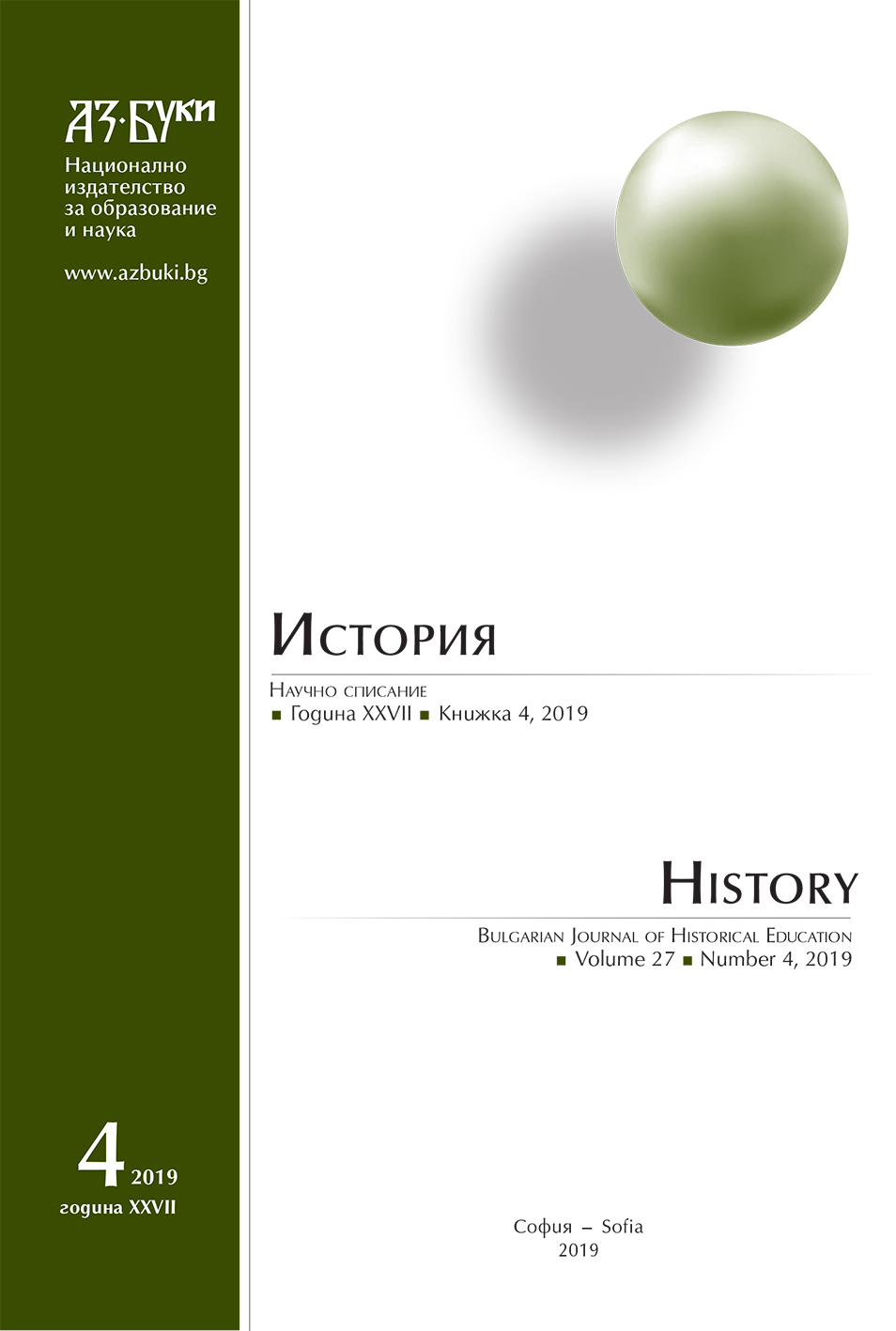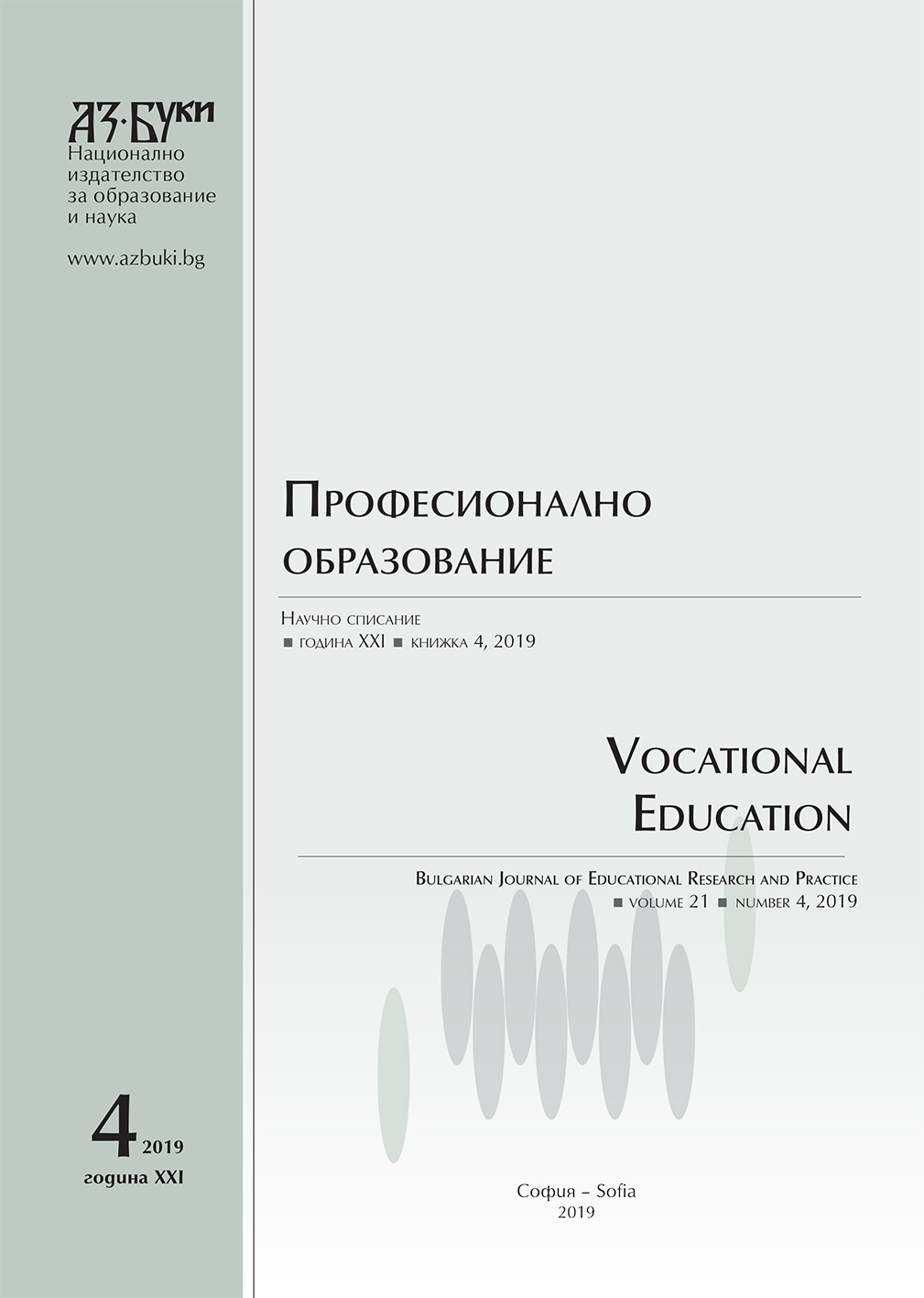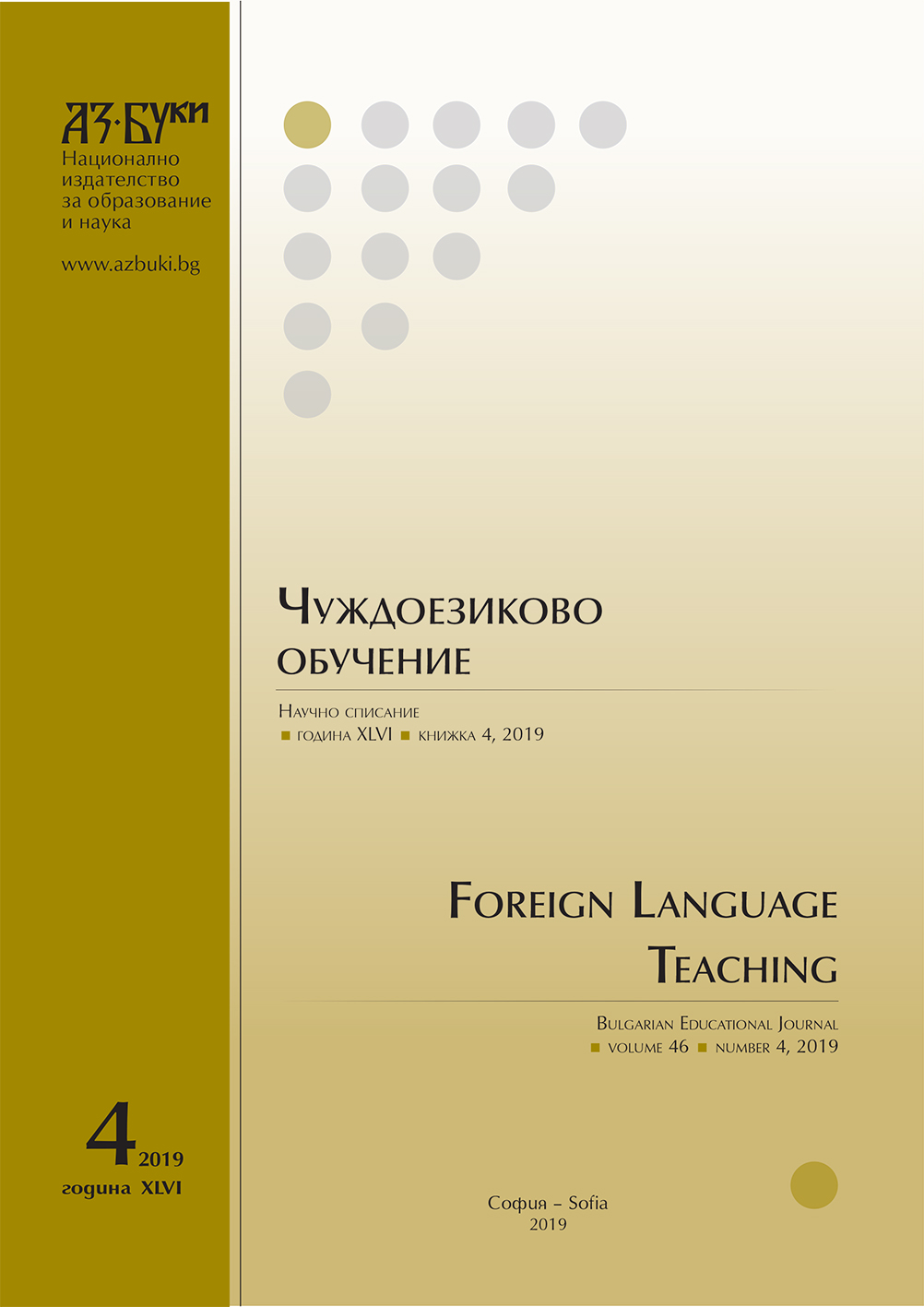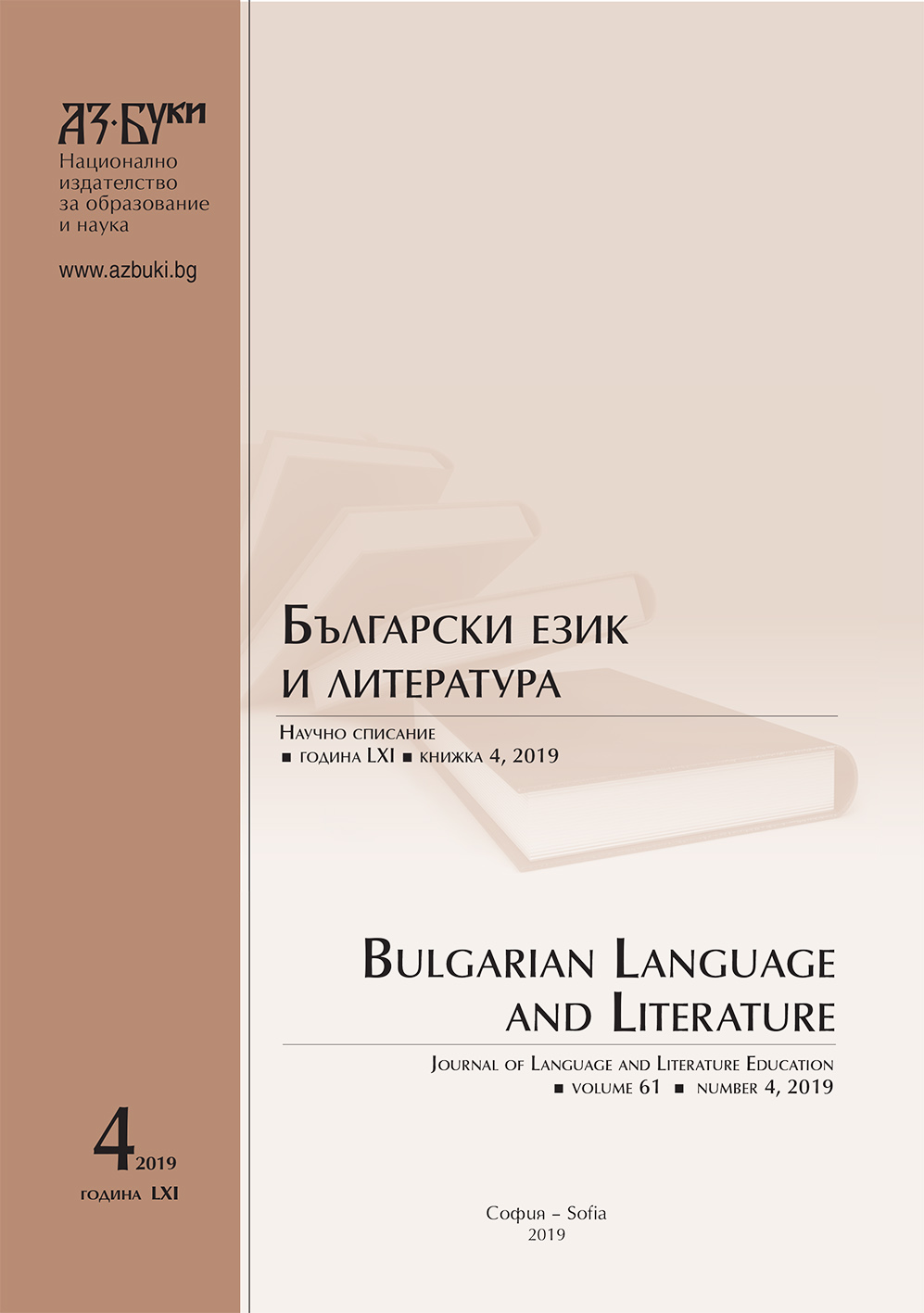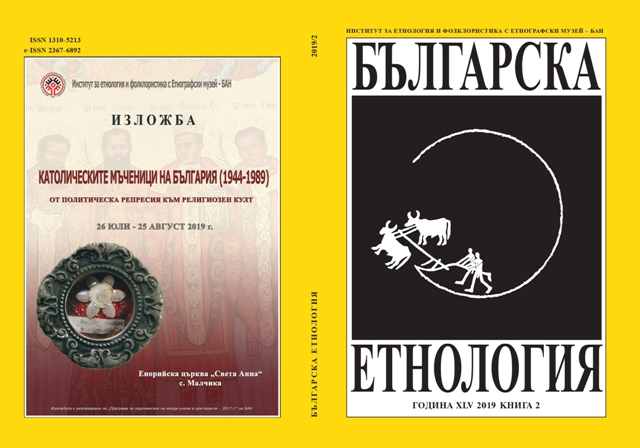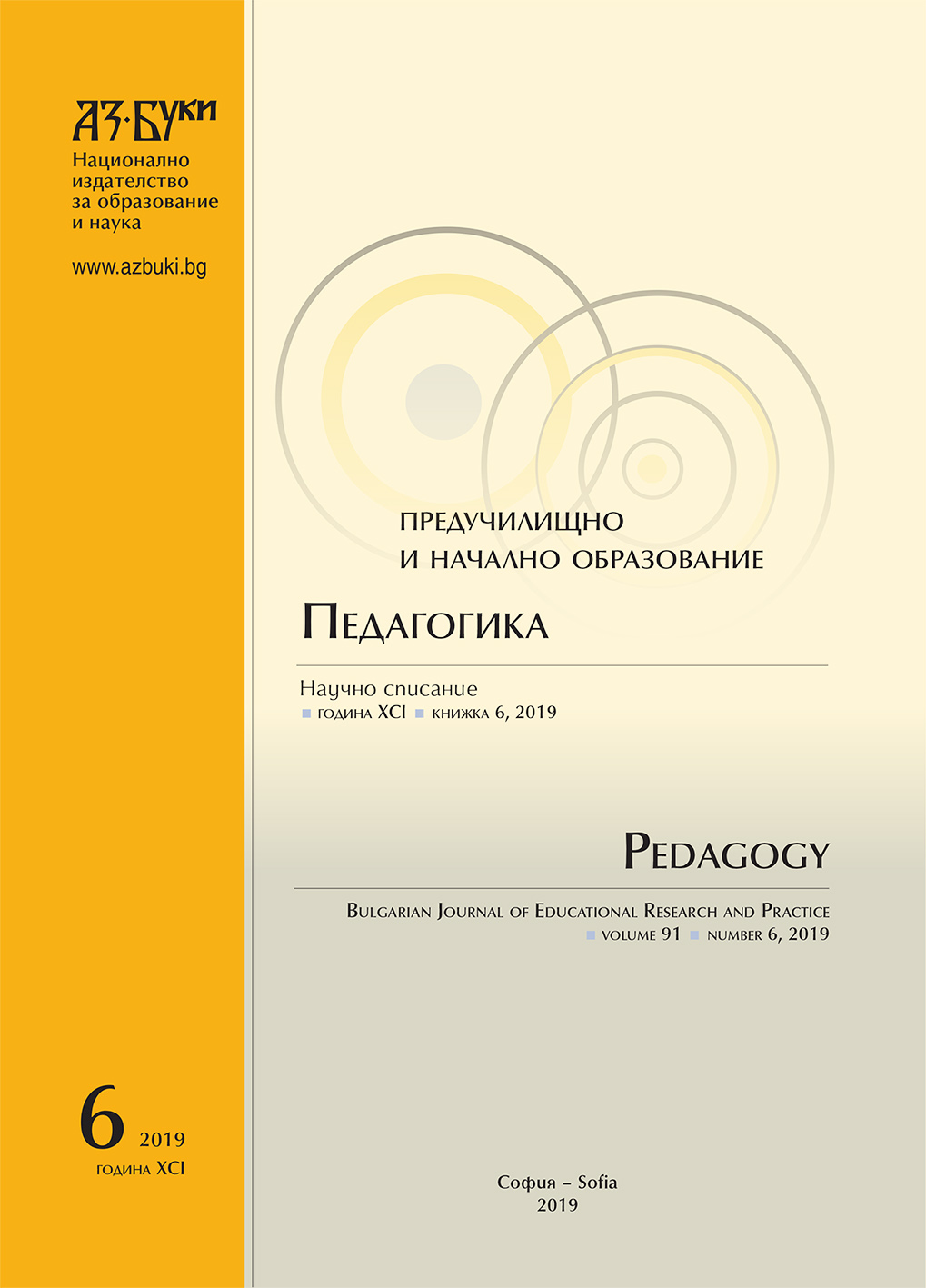
Семейно ориентиран подход в социалната работа – основания и професионални рефлексии
This article reviews and analyzes theoretical and practical arguments for introducing a family-oriented approach in social work. The focus is put on how social work is aimed at supporting families at risk, the basic characteristics and principles of the family-oriented approach, and the perception of professionals towards its application. Results of an empirical study among social service practitioners are presented. The data are interpreted according to the understandingand critical factors affecting the implementation of the family-оriented approach. The results show a tendency towards developing an awareness of the basic characteristics and principles of the family-oriented approach as well as a tendency to use it. Key factors that facilitate and hamper its application are identified, along with the predominant view of the practice in working with families as ineffective.
More...
